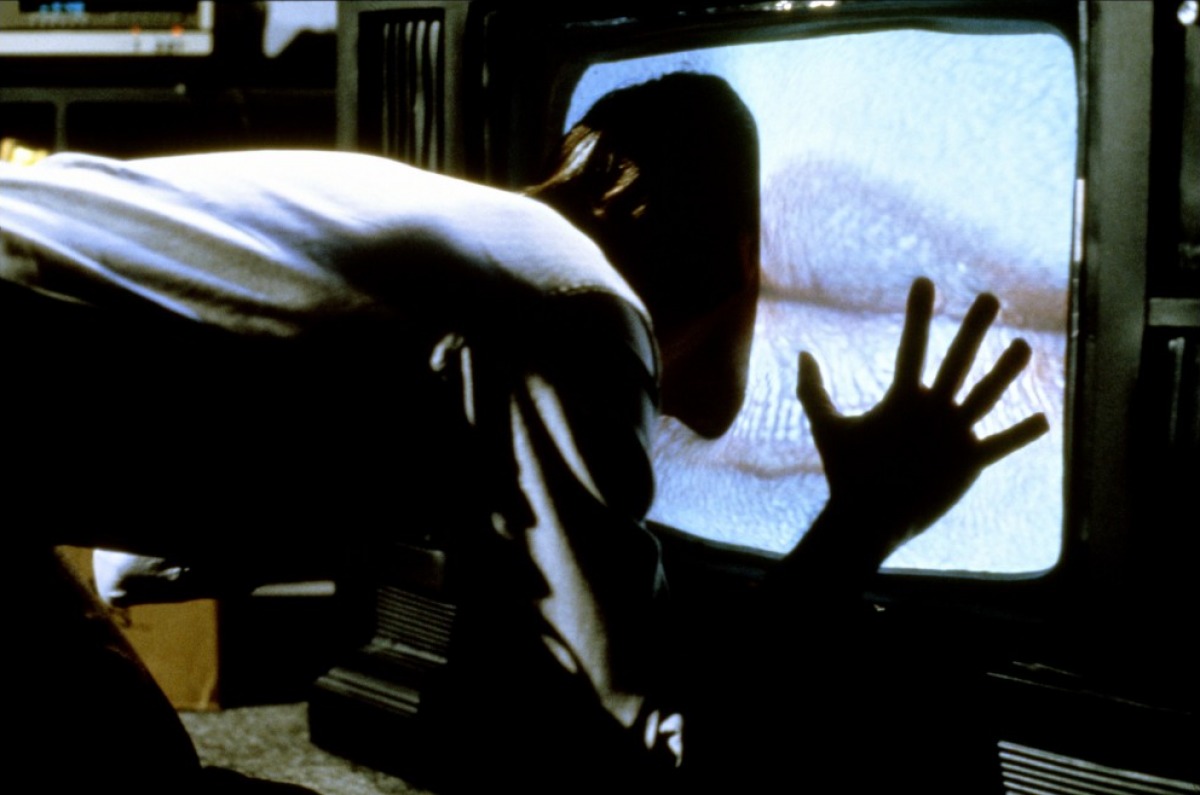In “The Danger of Artificial Stupidity,” an h+ essay, cognitive computing professor J. Mark Bishop disagrees that the Singularity is near, thinking that Hawking and Musk and others shouldn’t be so concerned about the existential threat of Strong AI, though he does believe automation without consciousness still poses a danger. An excerpt:
I believe three foundational problems explain why computational AI has failed historically and will continue to fail to deliver on its “Grand Challenge” of replicating human mentality in all its raw and electro-chemical glory:
1) Computers lack genuine understanding: in the “Chinese room argument” the philosopher John Searle (1980) argued that even if it were possible to program a computer to communicate perfectly with a human interlocutor (Searle famously described the situation by conceiving a computer interaction in Chinese, a language he is utterly ignorant of) it would not genuinely understand anything of the interaction (cf. a small child laughing on cue at a joke she doesn’t understand).
2) Computers lack consciousness: in an argument entitled “Dancing with Pixies” I argued that if a computer-controlled robot experiences a conscious sensation as it interacts with the world, then an infinitude of consciousnesses must be present in all objects throughout the universe: in the cup of tea I am drinking as I type; in the seat that I am sitting on as I write, etc., etc.. If we reject such “panpsychism,” we then must reject “machine consciousness”.
3) Computers lack mathematical insight: in his book The Emperor’s New Mind, the Oxford mathematical physicist Sir Roger Penrose deployed Gödel’s first incompleteness theorem to argue that, in general, the way mathematicians provide their “unassailable demonstrations” of the truth of certain mathematical assertions is fundamentally non-algorithmic and non-computational.
Taken together, these three arguments fatally undermine the notion that the human mind can be completely instantiated by mere computations; if correct, although computers will undoubtedly get better and better at many particular tasks — say playing chess, driving a car, predicting the weather etc. — there will always remain broader aspects of human mentality that future AI systems will not match. Under this conception there is a “humanity-gap” between the human mind and mere “digital computations”; although raw computer power — and concomitant AI software — will continue to improve, the combination of a human mind working alongside a future AI will continue to be more powerful than that future AI system operating on its own.
The singularity will never be televised.•
Tags: J. Mark Bishop

